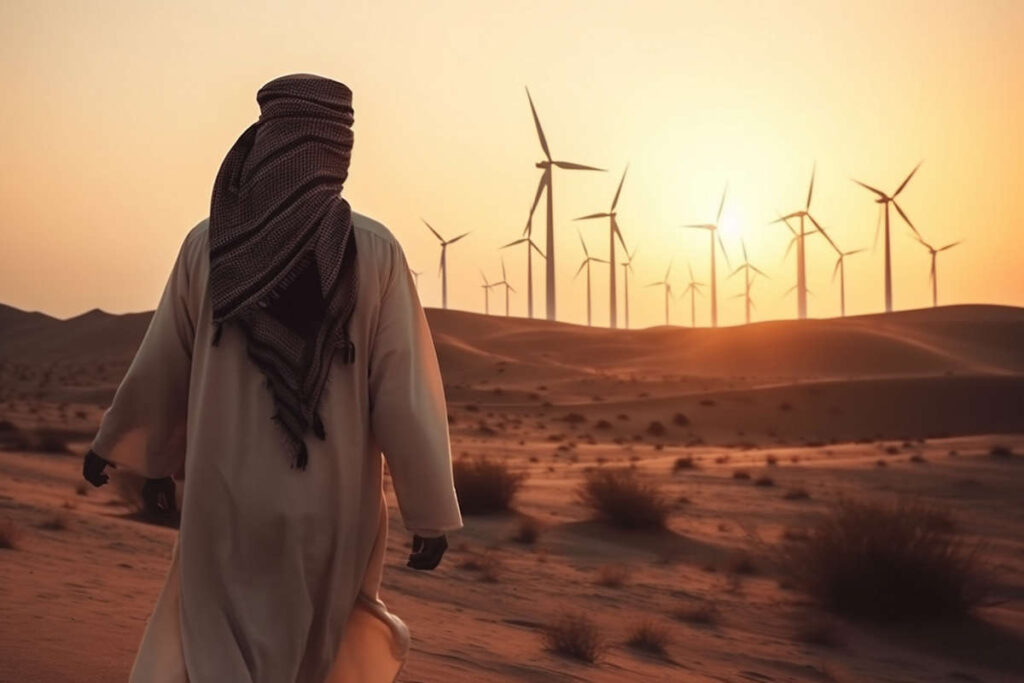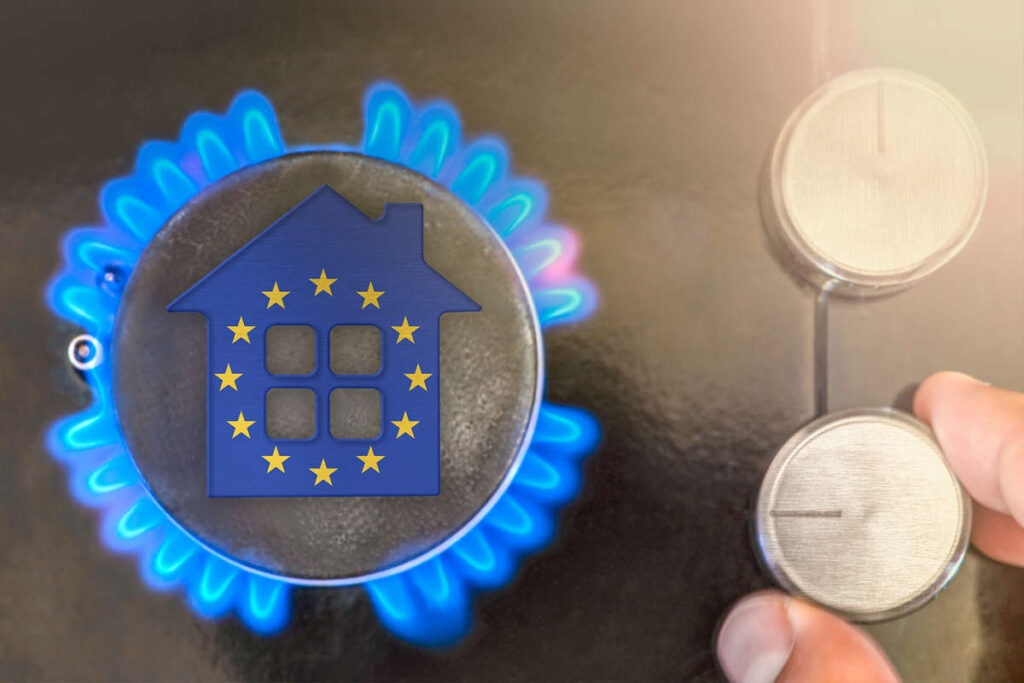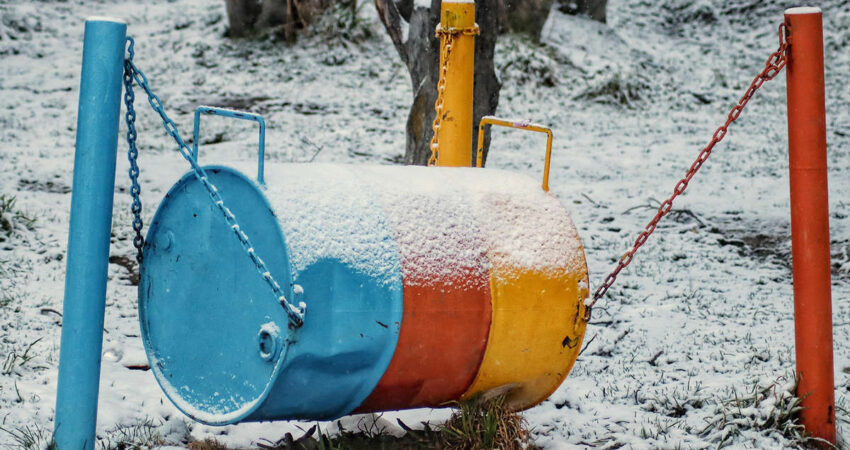Adobe Stock.: #593903445
According to assessments by experts, the situation in the EU’s energy market remains stable in the run-up to the winter of 2023-4. The continuing crisis in Ukraine and ongoing dependence on foreign energy suppliers including Russia and Qatar are of course having a negative effect.
The EU should be given credit for Europe reacting rapidly and reasonably effectively in 2022. Strict regulatory requirements on injecting gas into storage facilities and a fall in demand for gas due to decreased industrial production in the major economies have provided the EU with extremely high gas reserves, of nearly 100%. The good news is that even the German regulator, BNetzA, is proceeding from a high probability of going through the winter period problem-free. So why are politicians and experts cautious, and calling on us not to relax and stop saving gas?
Forecasts
Uncertainty and risks remain for the forthcoming winter. The filling level in underground gas storages (UGSs) in Europe at the start of the heating season is at a record high of almost 100%, but there is no guarantee of stable prices for the entire heating season, particularly if there is unusually cold weather.
Particularly close attention is traditionally paid to the level of filling in UGSs in Germany, which has Europe’s largest storage capacities and whose industry is extremely sensitive to gas supplies both for generating electricity and for use as a raw material. At the beginning of November, the German network regulator BNetzA presented a review of a number of forecast scenarios, half of which envisaged the country getting through the winter period without problems.
“We’re starting from a much better position than last year as we go into the heating season. Gas storage facilities are very well filled, while imports and savings are stable”, stated the regulator’s president Klaus Müller.
However, it would be premature to give the all-clear. “A very cold winter would significantly drive up gas consumption. If the remaining Russian gas deliveries to south-east Europe were stopped and those countries faced shortages, they would have to be supplied partly via Germany”.
The situation will become strained if export increases and import decreases. Modelling shows that in such a case, UGS levels would fall from 90% to 17%. Overall UGS capacities in Germany are of the order of 24 billion cubic metres of gas. The situation with supplies could become critical if the situation develops unfavourably, with high national demand, higher demand in neighbouring countries and a reduction of imports into Germany. BNetzA itself thus emphasizes that to ensure complete security, the level of filling in UGSs on 1 February must be at least 40% – and this level is defined by law.
Politics 101
Russia’s war with Ukraine is not the only political aspect of Europe’s energy conundrum. The escalation of the Arab–Israeli conflict demonstrates once more how vulnerable the European hydrocarbon market has become. Events in the Middle East highlight the risks of disabling gas extraction and transportation capacities that are important for the European Union – for example, if the Strait of Hormuz is blocked or there are any complications in extracting and transporting gas in Israel or Egypt. In that event, the price of gas could skyrocket to €100 per MW or even more.
Against this backdrop, it’s strange that the EU is strengthening gas dependence on autocratic Arab regimes. Thus, Algeria does not conceal its sympathies in relation to the Palestinians, and supports their struggle with Israel. At the same time, Qatar is generally a financial sponsor of Hamas. But this doesn’t stop Europe from maintaining long-term contracts to supply Qatari gas to Italy, the Netherlands and France. Germany has also not started to review its 15-year contract with Qatar Energy for the purchase of LNG.
Just a few days after Hamas’s attack on Israel, German chancellor Scholz held a meeting with the Emir of Qatar, provoking a storm of indignation among the German public. The CDU/CSU group in the Bundestag slammed these talks. “We can’t condemn Hamas’s terror in the morning and then dine with the main sponsor of terror,” Bundestag member Gitta Connemann told Die Welt.

Adobe Stock.: #606378726
FDP member and chair of the defence committee of the Bundestag, Marie-Agnes Strack-Zimmermann demanded that relations with Qatar be reviewed. Nevertheless, Scholz said simply that Qatar is fulfilling an “important intermediary” role, commenting that “it would be irresponsible not to use all contacts that could help in this dramatic situation. We are doing this in close collaboration with Israel and for those who have been abducted by Hamas.” For now, when it comes to Germany’s foreign policy, pragmatism and idealism are evidently working different shifts.
At the same time, Europeans are even prepared to clash among themselves over collaboration with Russia, as was demonstrated by the political rift between Austria and EU envoy Martin Selmayr, who accused Vienna of paying “blood money” to Moscow by continuing to purchase Russian gas.
Will Europe maintain double standards in this case, if the conflict in Israel turns into a full-scale war? If not, will it be able to find itself a way out of an energy impasse for a second time in two years?
Recession
Europe managed to get through last winter thanks to an unprecedented reduction in consumption of gas of nearly 20% by both business and the general population. However, this caused a recession in a number of key EU economies.
As a whole, industrial use of primary energy in Germany in 2022 fell straight away by 9.1% to 3,562 petajoules (around 1045 TWh). This is linked primarily to high prices for gas and electricity. Germany’s Federal Statistical Office (Destatis), reported that many industrial enterprises decreased production: in 2022, production in energy-intensive industries was 7.1% lower than the previous year. It is noted that attempts to secure significant natural gas savings were successful – its use fell by 17%. Natural gas has nevertheless remained the most widely used source of energy in German industry at 28%. This is followed by electricity at 21%, oil and oil products at 18% and coal at 15%. The chemical industry remained the largest energy consumer in 2022, accounting for 28%.
Despite all its efforts, the European Union has been unable to find a proper replacement for cheap Russian pipeline gas. This is causing serious damage to the EU’s economy and experts think it is possible that in the future it could have irrevocable consequences.
The EU fears pipeline supplies from Russia like the plague, but it was only during previous cooperation with Russia on long-term contracts and reliable gas supply that European industry flourished and strengthened its dominant position in the world. Abandoning Russian gas increases the risks to the European economy and leads to it becoming weaker and less competitive. For the economies of eastern and central European countries, this would be simply a death sentence.
Destruction of demand
According to meteorologists’ forecasts, the coming winter period as a whole is expected to be fairly warm. However, significant market dangers would come with it being too warm. A small autumn LNG surplus on the global market was actively absorbed by European buyers, postponing the start of withdrawals from UGSs. At the same time, the forecast level of fill in UGSs at the end of the heating season in March is growing, which is leading in its turn to a reduction in futures for injecting gas into storages in the summer of 2024. The market could well find itself in an unbalanced situation in which there is too much gas left, leading to a drop in prices and the desynchronization of the market. We could not just see levels in UGSs being above the seasonal norm, but something improbable which would completely destroy demand for gas in the summer of 2024.

Adobe Stock: #522321769
Analysing all the negative effects awaiting European economies in the event of either a gas shortage or high levels of gas reserves only demonstrates the great harmfulness of any extreme volatility. The only medicine will be stable, reliable and long-term gas supplies to the European market, based on long-term contracts – both contracts between importers and suppliers and contracts between distribution companies and end users. The guarantee for developing European industry lies in reliable energy supplies at the prices predicted: on this, the experts are united.

